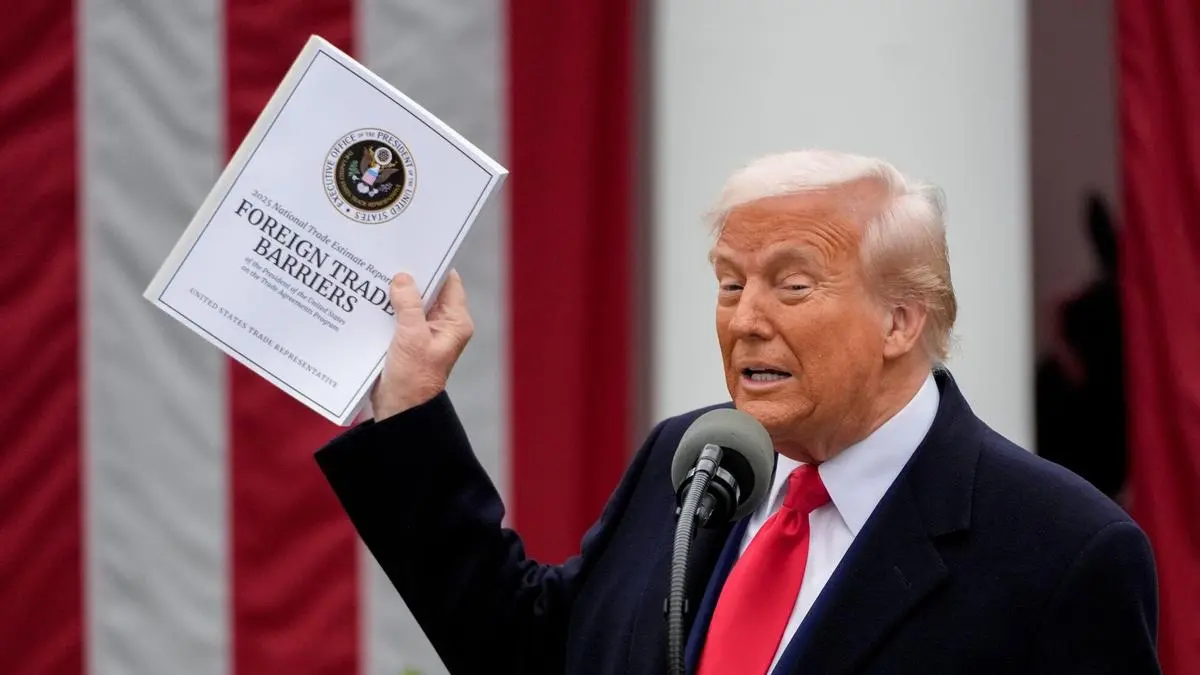A Bold Tariff Announcement
President Donald Trump has unveiled a dramatic new tariff package targeting multiple industries. From October 1, all branded and patented pharmaceutical imports into the US will face a 100 percent tariff unless the company importing them is actively constructing a manufacturing facility in America.

Trump made the announcement on Truth Social, stating that companies already building plants in the US would be exempt from the steep duties. He emphasized that the move was intended to accelerate investment in domestic production and reduce reliance on foreign-made pharmaceuticals.
Tariffs Beyond Pharma
The president’s new policy goes beyond the drug industry. Trump confirmed a 50 percent tariff on imported kitchen cabinets, 30 percent on upholstered furniture, and 25 percent on heavy trucks. He argued that the American market had been flooded with these products by foreign manufacturers, undercutting local businesses and weakening domestic supply chains.
For trucks, Trump tied the tariffs directly to national security. A 25 percent tariff will apply to all heavy trucks made abroad, a measure he said would protect and strengthen American truck makers such as Peterbilt, Kenworth, Freightliner, and Mack Trucks. Earlier this year, his administration had launched a formal probe into truck imports to assess their effect on US security.

The Impact on Indian Drugmakers
The decision to impose a 100 percent tariff on pharmaceuticals has significant implications for global suppliers, including India. The US is the largest export market for Indian drugmakers, with $3.6 billion worth of exports in 2024 and another $3.7 billion in just the first half of 2025.
Indian firms like Sun Pharma, Dr Reddy’s, Lupin, and Aurobindo have benefited from strong demand for affordable generics in the US market. While the tariffs primarily target branded and patented drugs, there is lingering uncertainty about whether certain complex generics and specialty medicines may also fall under the new restrictions. Any disruption could affect revenues and create challenges for Indian companies that rely heavily on the American market.

A Nationalist Push in Trade Policy
Trump has positioned these tariffs as part of his broader effort to revive US manufacturing and reduce dependence on foreign supply chains. By tying the measures to national security, particularly in pharmaceuticals and trucks, his administration is signaling that economic policy and security policy are becoming increasingly intertwined.
The coming months will show whether these tariffs drive multinational companies to establish new factories in America or trigger retaliatory measures from trade partners. Either way, they represent one of the most aggressive shifts in US trade policy in years.
Follow YouFinance on Instagram and Facebook for more global business and policy updates shaping the future of markets.














